A photograph of the infant cosmos reveals the precise amounts of dark matter and dark energy in the universe, leaving precious little room for argument.
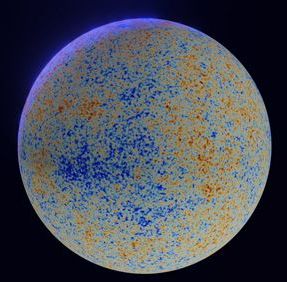

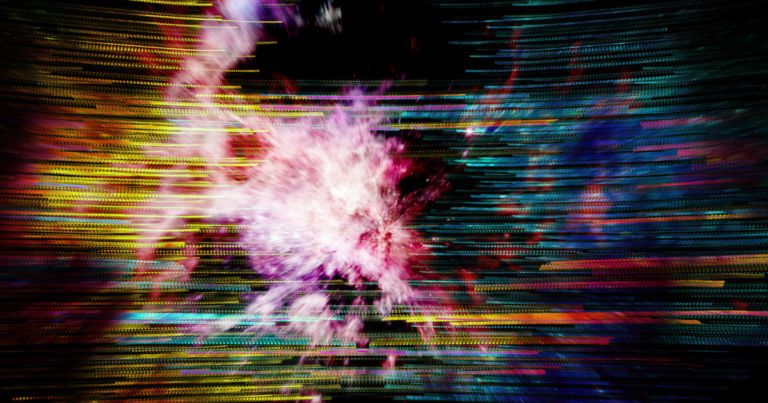
She is now hopeful that advances in gravitational wave astronomy will make it possible to test the predictions of massive gravity theory within the decade.
“It would be amazing if it was shown to be right,” De Rham told The Guardian. “That may or may not happen, but what will happen is that we’ll have a much better fundamental understanding of gravity and that’s just something so deep, it’s one of the big questions today.”
READ MORE: Has physicist’s gravity theory solved ‘impossible’ dark energy riddle? [The Guardian].

Here on Earth, we pay quite a lot of attention to the sun. It’s visible to us, after all, and central to our lives. But it is only one of the billions of stars in our galaxy, the Milky Way. It’s also quite small compared to other stars – most are at least eight times more massive.
These massive stars influence the structure, shape and chemical content of a galaxy. And when they have exhausted their hydrogen gas fuel and die, they do so in an explosive event called a supernova. This explosion is sometimes so strong that it triggers the formation of new stars out of materials in the dead star’s surroundings.
But there’s an important gap in our knowledge: astronomers don’t yet fully understand how those original massive stars themselves are initially formed. So far, observations have only yielded some pieces of the puzzle.
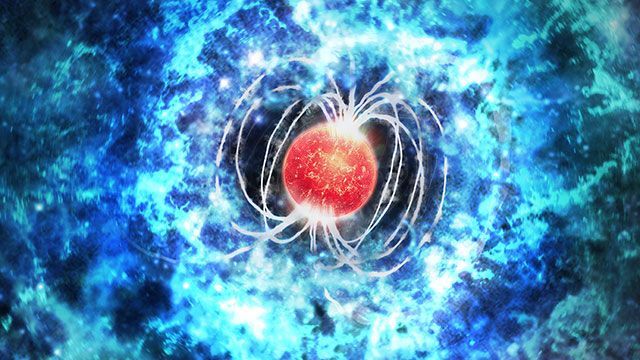
Live Spacewalk: Watch as astronauts complete the intricate process of repairing the Alpha Magnetic Spectrometer (AMS), a dark matter and antimatter detector outside the International Space Station.
On Sat., Jan. 25 at 6:50 a.m. EST, tune in for a live spacewalk as Luca Parmitano of the European Space Agency (ESA) and Andrew Morgan of NASA perform the fourth and final spacewalk to repair AMS, which has far outlived its planned three-year lifespan. In addition to revitalizing an important piece of scientific equipment, the process of creating the tools and procedures for these spacewalks is preparing teams for the types of spacewalks that may be required on Moon and Mars missions.
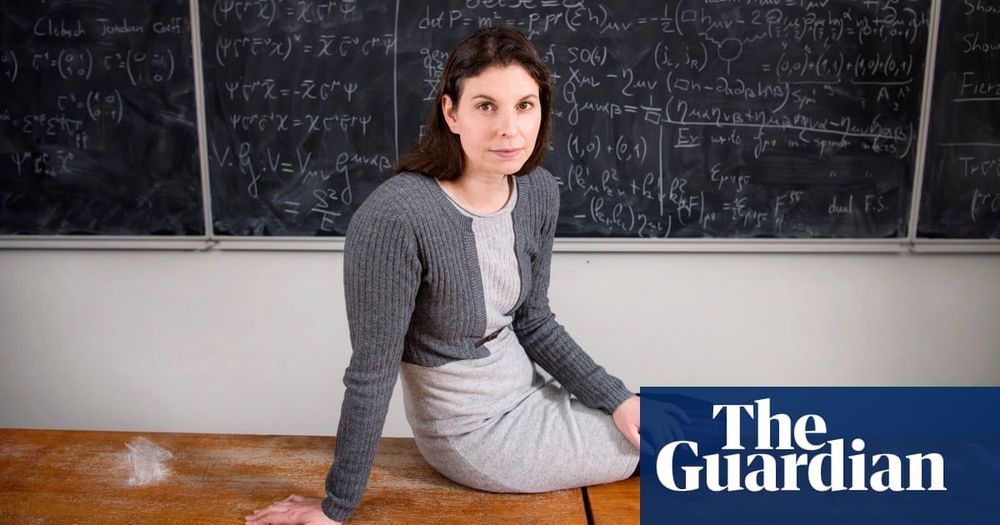
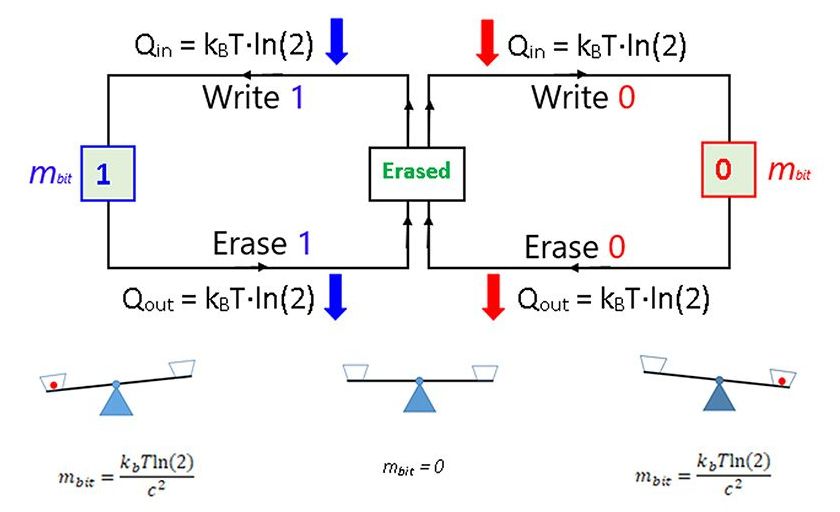
Is information the fifth form of matter?
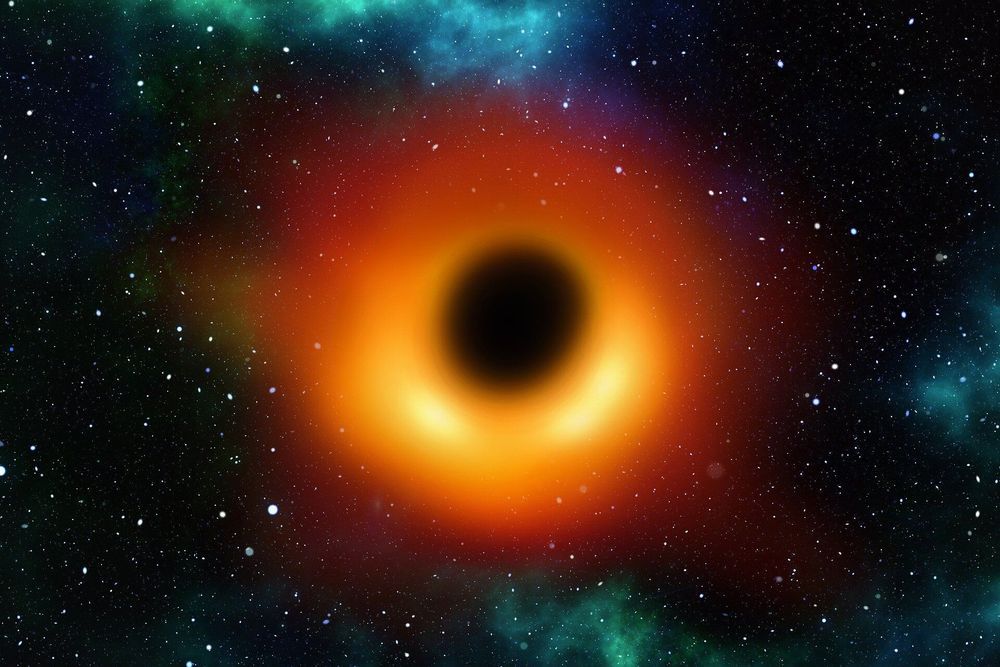
Echoes in gravitational wave signals suggest that the event horizon of a black hole may be more complicated than scientists currently think.
Research from the University of Waterloo reports the first tentative detection of these echoes, caused by a microscopic quantum “fuzz” that surrounds newly formed black holes.
Gravitational waves are ripples in the fabric of space-time, caused by the collision of massive, compact objects in space, such as black holes or neutron stars.
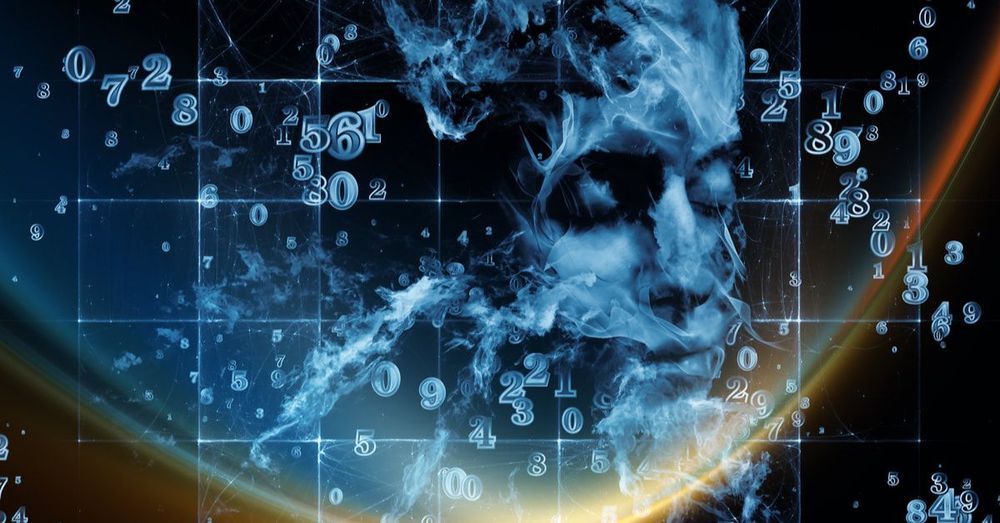
Evolutionary cyberneticist and digital philosopher Alex M. Vikoulov, author of The Syntellect Hypothesis, is interviewed by Agah Bahari, host and producer of NeoHuman podcast.
On this recent podcast, Alex Vikoulov, author of The Syntellect Hypothesis, is interviewed by NeoHuman podcaster Agah Bahari. Topics include evolutionary cybernetics, computational physics, consciousness, the simulation theory, the transcension hypothesis, the Global mind, AGI, VR, AR, psychedelics, technological singularities, transhumanism, Fermi Paradox, Digital Physics, objective reality, philosophy of mind, the extended mind hypothesis, absolute idealism, physics of time, the Omega Point cosmology, mind-uploading, synthetic telepathy, and more.
Watch a short intro here ↴.